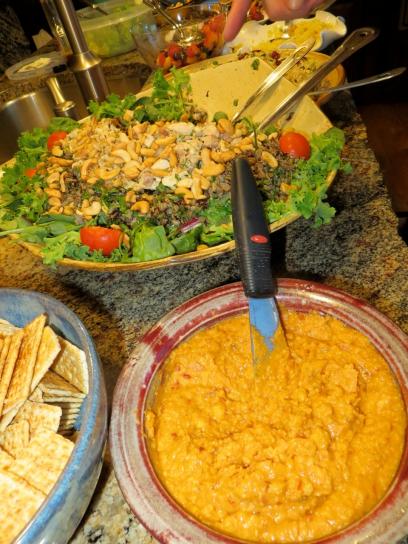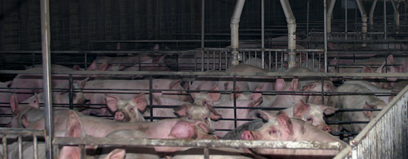According to a recent article by Michael Pollan in the New York Times Sunday Magazine, “There’s a case for dirtying up your diet” in order to increase your exposure to bacteria. Really? More germs, not fewer? Yes! More germs, please, according to the article, “Some of My Best Friends Are Germs.”
Michael Pollan
Categories
PARTNERS
Archives
- April 2016 (1)
- March 2016 (1)
- February 2016 (1)
- January 2016 (1)
- December 2015 (2)
- October 2015 (1)
- August 2015 (2)
- July 2015 (2)
- June 2015 (3)
- May 2015 (2)










